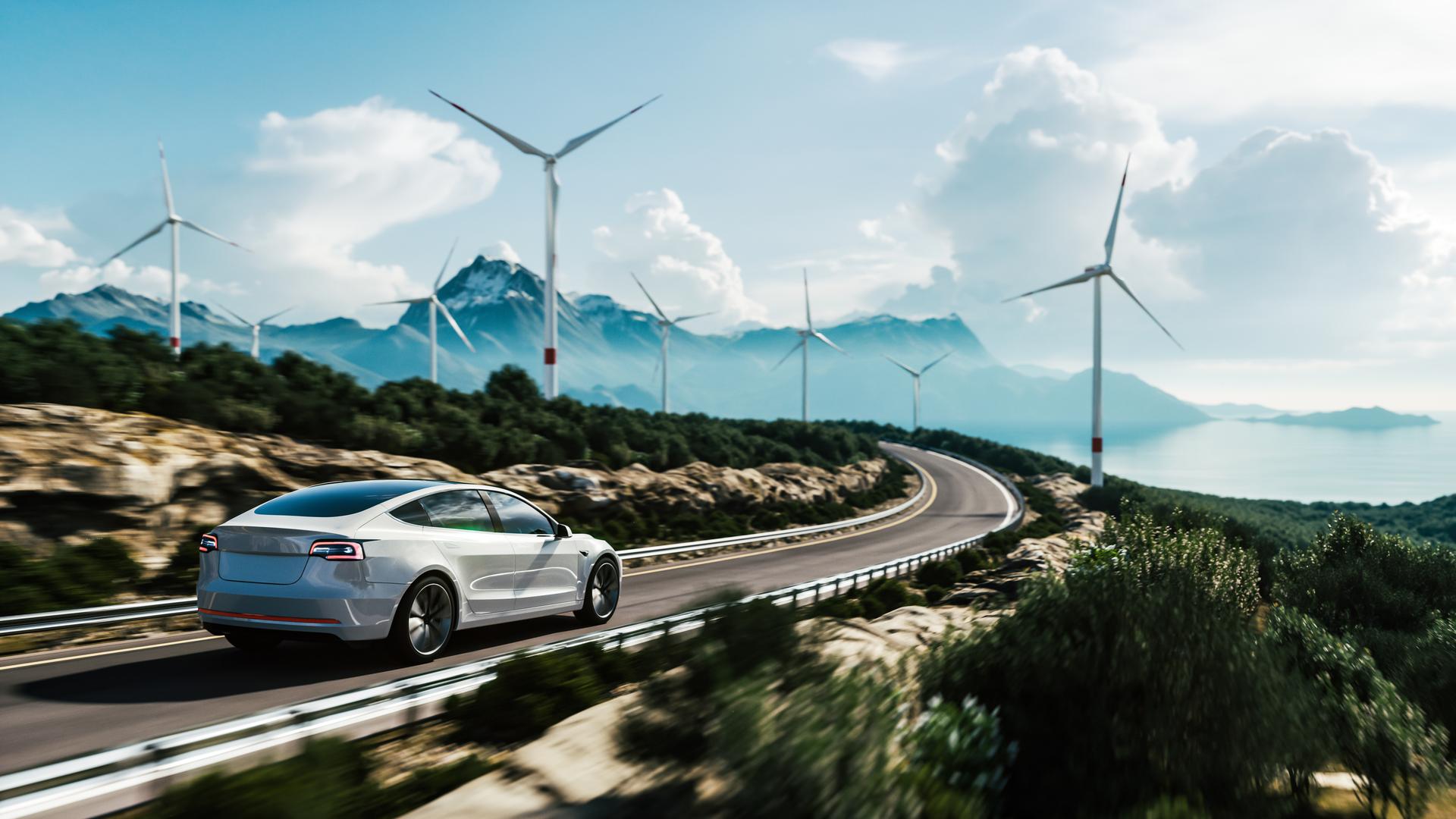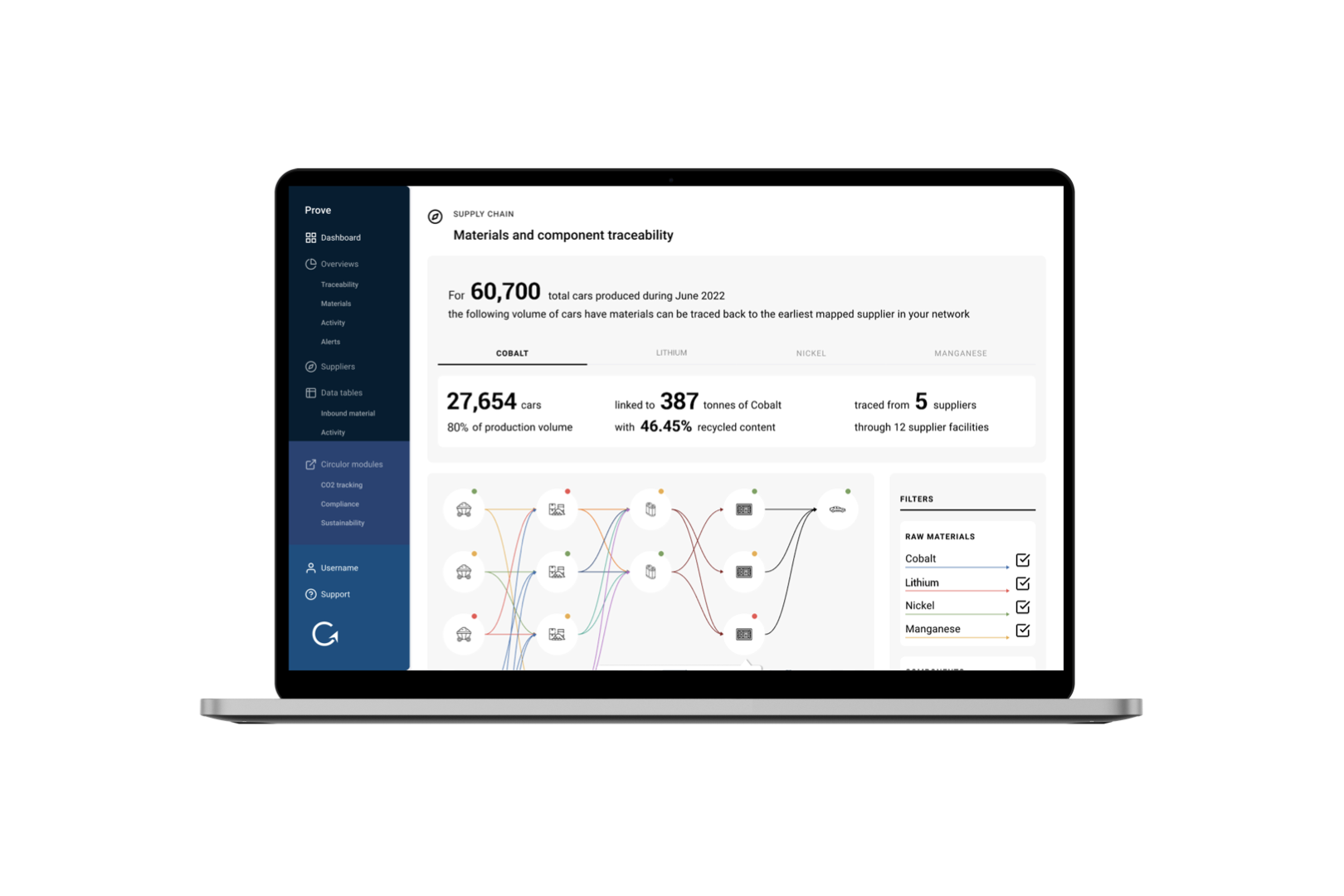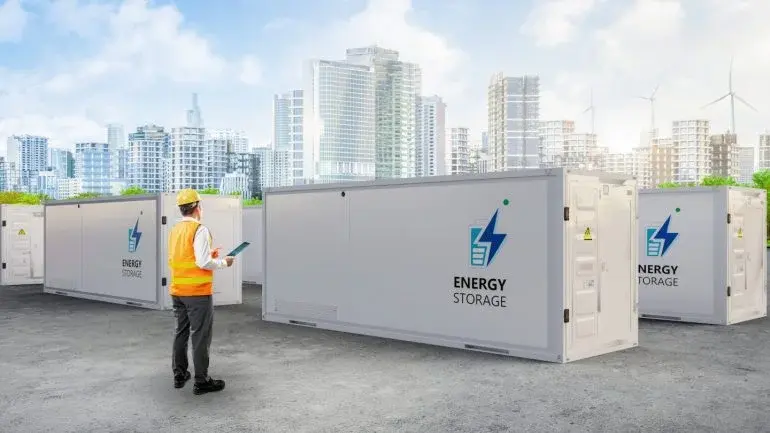
09.10.2024
News
October 2024 Newsletter: Nature-based reporting: end-to-end traceability of 17 commodities proves key for today’s risk and reporting management
Take nature-based reporting, where companies disclose their impacts, dependencies, risks, and opportunities related to nature and biodiversity. There are 17 high priority commodities, including rubber, palm oil, cotton, timber, leather, pulp and paper, currently covered by global nature-based reporting requirements and identified for their roles in driving deforestation, habitat destruction, water consumption, pollution, and other environmental risks. Businesses dealing in these commodities are encouraged to pinpoint the provenance and exact sourcing of their raw materials, trace their supply chains, and assess their environmental impacts through frameworks such as the Taskforce on Nature-related Financial Disclosures (TNFD).
We’re also seeing increasing overlaps with regulations such as the EU Deforestation Regulation (EUDR) and Ecodesign for Sustainable Products Regulation (ESPR). Despite the recent announcement of an additional 12-month ‘phase in’ time for the EUDR that pushes its start date back until December 30,2025, these regulations hold organizations accountable for demonstrating that their products do not contribute to deforestation and biodiversity loss. They require digital proof of sustainable and circular practices across global supply chains and starting today is paramount.
Often the responsibility of these various reporting requirements sits across a number of different functions within an organization. The data gathered through supply chain traceability can support multiple teams and practitioners in their quest for transparency of inherited environmental and social impacts.
So, whether organizations are driven by nature-based reporting, the EUDR, ESPR or the EU Battery Regulation, traceability solutions, provided by a neutral third party such as Circulor, are at the core in providing the foundational data needed to meet legal and market demands for sustainable practices, while also creating speed, efficiency, and cost savings for a number of functions across a business in reporting such responsibility.
We look forward to continuing to bring you these global insights here, as well as on circulor.com and LinkedIn. More on the latest global traceability trends below.
What we’re reading…
Battery supply chain due diligence: Everything, everywhere, all at once?
With obligations starting in August 2025, advisors to the European Commission Kumi Consulting share their insights on what companies should do now to prepare for the EU Battery Regulation’s due diligence requirements. In the first of a series, Kumi addresses one of the most commonly asked questions by businesses when it comes to inherited risks, “Do we have to do everything, everywhere, all at once?”. While the answer is “no”, Kumi explains key terms and requirements of the regulation and how to prepare for its forthcoming milestones.
Auto industry forges new collaboration to reduce Scope 2 and 3 emissions
In collaboration with Circulor’s friends at Suppliers Partnership for the Environment, automotive industry leaders Ford, GM, Honda, Magna, and Toyota launched “Transform: Auto” to drive the adoption of renewable energy across automotive supply chains. Transform Auto specifically focuses on reducing Scope 2 and Scope 3 emissions across the industry—the program helps suppliers explore renewable energy options and gives them the tools to pursue renewable energy pathways on their own or through an organized cohort of suppliers.
The U.S. DOE announces its selection of 25 Battery Manufacturing projects to receive over $3 billion in federal funding
The U.S. Department of Energy (DOE) recently announced the companies selected for the second round of battery grant funding, available through the Bipartisan Infrastructure Law. The funding is central to the Battery Materials Processing and Battery Manufacturing and Recycling Program, with DOE investing a total of $16 billion into battery manufacturing, processing, and recycling projects. In compliance with this round’s requirements, grant recipients must demonstrate the activities they inherit from upstream suppliers through “physical tracing”.
Miners seek premiums on low-carbon products to meet net-zero
Mining companies aiming for net-zero will need customers to pay a premium for low-carbon products, according to S&P Global, and governmental support will be essential. The metals and mining sector contributes about 15% of global emissions, and while miners are investing in greener production, this comes with higher costs. Green steel, for example, could see a 30% premium by 2026, with policies such as EU carbon tariffs and U.S. tax credits expected to foster the market for low-carbon materials.
Europe’s electric cars expected to reach up to 24% market share
Car manufacturers are on track to meet their EU climate targets for 2025, driven by the rapid growth of EV sales, according to analysis by Transport & Environment. They applaud the European Commission and the German government reaffirmation of the 2035 zero-emissions car target and emphasize the need for stronger EU policies to boost EV demand through corporate fleet electrification, charging infrastructure, and social leasing.
MINVEST meeting strengthens global financial collaboration on critical minerals
The Minerals Security Partnership (MSP) is a collaboration of 14 nations and the European Union, collectively committing to build diverse, secure, sustainable critical mineral supply chains. On the sidelines of the recent U.N. General Assembly, MINVEST, a project of the U.S. Department of State and energy security think tank SAFE announced the creation of the MSP Finance Network to collaborate on investments in global mineral supplies that deliver the MSP’s objectives.
What we’re sharing…
Rockwell and Circulor partnership brings enhanced supply chain transparency
Rockwell Automation and Circulor have announced their partnership to help customers trace raw materials from source to final product, promoting supply chain transparency and sustainability. This collaboration offers manufacturers advanced traceability solutions to meet new regulatory requirements, verify material sources, track emissions, and ensure compliance with global transparency mandates, as well as helping businesses achieve sustainability goals, improve efficiency, reduce costs, and gain a competitive edge. Read more.
For battery manufacturers: 10 reasons why you need Circulor
Europe’s Battery Regulation and Ecodesign for Sustainable Products Regulation, along with many other mandates, mean upstream transparency is coming to a myriad of product groups, and deadlines are fast approaching. Batteries are at the forefront of this shift towards greater responsibility, sustainability, and circularity, and as the industry evolves, it's crucial that transparency is achieved in an efficient and cost-effective way. Check out Circulor’s latest guide that details how we support battery manufacturers achieve the transparency they need. Read more.
Circulor recognized as Spend Matters’s ‘50 Providers to Watch’
Spend Matters tracks some 1,500+ procurement and supply chain technology and services providers. Circulor is proud to be selected as one of their ‘50 Providers to Watch’ for 2024, which recognize best-in-class and fast-rising companies in the supply chain and procurement market that continue to grow and develop innovative products propelling the market forward. Read more.
Circulor named a WIRED Trailblazer for 2024
Circulor has been recognized as a Trailblazer by WIRED Consulting and HSBC Commercial Banking, an accolade awarded to the UK’s most ground-breaking businesses. This recognition is for Circulor’s work in redefining industry standards through innovation, delivering growth, and spearheading positive change. Read more.






![Acculon RA Circulor - website image.001[44].png](/_next/image?url=https%3A%2F%2Fdecisive-wonder-fa24533282.media.strapiapp.com%2FAcculon_RA_Circulor_website_image_001_44_2720fb315d.png&w=1920&q=75)



